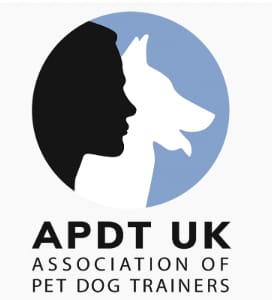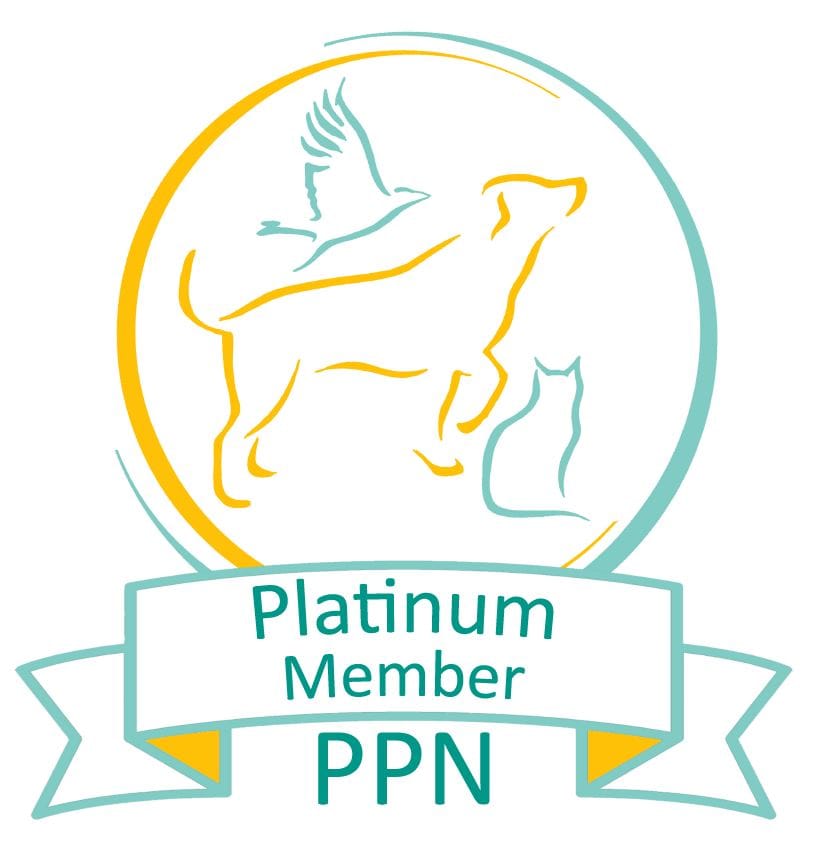Successful toilet training for puppies
18/01/2021 - Blog
It’s probably one of the most important things you need your puppy to learn and one of the things we’re often asked about at CK9. Here’s our advice on successful toilet training for puppies.
- Wise puppy parents stock up with cleaning materials before their new family member arrives.
- Start puppy toilet training from day 1
- Be kind and consistent
- Set puppy up for success
- Learn to read puppy body language
- Never scold puppy for accidents
- Don’t expect instant results
When to start puppy toilet training
Puppy toilet training needs to start from the moment you arrive home with your new pup. Before you go into the house, let your new pet relieve themselves in the garden before bringing them indoors. After a long car journey, most pups are only too glad to empty their bladder and here is your chance to praise puppy as soon as he or she ‘goes’.
How to start puppy training
Very young pups have limited control over their functions. Like human toddlers, when they need a wee, Mum and Dad have about 30 seconds to get them on the pot. Pups won’t generally make a mess in their bed, so they do have some control, on the other hand, when they’ve got to go, they’ve got to go. In the early days of puppy toilet training, your job is to anticipate their needs and make sure they’re in the right place at the right time.
Regular potty breaks are essential. As a rule of thumb, I would say take puppy outside as soon as they wake up from a nap, immediately after a meal and at least once an hour in between times. Whenever possible, wait for them to ‘perform’ before coming back indoors. There’s nothing more frustrating that standing out in the cold for 10 minutes only for puppy to pee on the floor the moment they get back in the house.
As soon as your puppy squats to relieve him or herself outside, offer lots and lots of praise and follow up with a tasty treat as soon as they have finished. Dogs and puppies learn by association. By making sure they associate toileting outside with good stuff, you’ll speed up the toilet training process and turn it into a lasting habit.
When accidents happen
Your pup will undoubtedly wee and poo indoors from time to time. It happens. It’s not an act of defiance, or rebellion. They genuinely haven’t fully formed the association between bodily functions and going outside.
Punishing your puppy will only make him or her scared of you. So don’t shout, don’t yell and certainly don’t use any physical force. If your pup has an indoor accident take a deep breath, mop it up and carry on. It’s frustrating and sometimes it feels as though your whole day is taken up by cleaning floors, but it won’t last forever. Just stay patient, stay consistent with your training and In 6 months from now, all this will be a distant memory.
Top Tips:
- Life is much easier if your puppy’s play area has a washable floor – a play pen with a layer of polyethene on the floor is a great way to protect carpets.
- On hard surfaces such as wood or tiles, sprinkling a little cat litter over the puddle helps to absorb odours and makes the clean-up easier
Helping your pup to stay clean overnight
Puppies only have tiny bladders and tummies, it’s unrealistic to expect them to go all through the night without needing a pit stop. Especially for their first few nights in a new home. Be prepared for all eventualities.
A bedtime routine is incredibly helpful. Build in some calming but mentally stimulating activities to help wear your pup out so that he or she sleeps for longer. A stuffed Kong toy or a Lickit mat are perfect. Just before bedtime, take a trip outside and make sure puppy does his or her business. Then it’s straight to bed.
I thoroughly recommend crate training your little one. Not only does that provide him or her with a safe “den” to retreat to rest in during the day, puppies only tend to “mess the bed” if they are absolutely desperate. Encouraging them to sleep in their crate helps them to stay clean all night long. Always use washable bedding in their crate – if accidents do happen it’s no big deal to just shove everything in the washing machine next day.
Some puppy parents opt to get up during the night and take puppy outside. Granted, it does help to avoid mess but it can be exhausting. I’ll leave you to decide what fits best with your lifestyle. You might want to get up early in the morning though. A 6 am start (or earlier) gives pup a chance to relieve him or herself and you can always make a cup of tea and take it back to bed with you.
How long should it take to toilet train my puppy?
Every single puppy is different. Some of them learn quickly and hate to make a mess in their beds. Others take a while to get the hang of it. It’s not unusual for puppies to “forget” what they’ve learned when they enter the adolescent stage.
All I can say is be consistent, expect to feel frustrated at times but be patient and your puppy will get there. It helps if you can become super-observant and learn to recognise the signs that your puppy needs to “go”. Some will sniff the ground, some will start circling, and others have a distinctive walk that let you know something is happening. As soon as you spot the signs, take pup outside and praise, praise, praise, them for getting it right.
If you are at all worried about your puppy’s toilet training progress talk to your dog trainer. We can help you to tweak your training technique for faster and more effective results.
CK9 dog training have lots of experience at puppy training and we’re open for business now. During the COVID-19 pandemic, classes and 1-2-1 advice sessions are held online, but please don’t be put off. The time to train your puppy is NOW and just because we can’t meet face to face, that doesn’t mean that we can’t share our knowledge and experience with you.
Explore our website to find out more about puppy training.
More training tips for puppies and young dogs
How to pick the perfect puppy for you
3 things it’s important to introduce to your puppy
When puppies turn into rebels – how to cope with an adolescent dog








